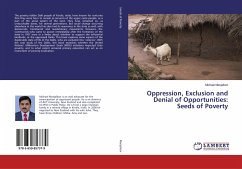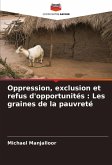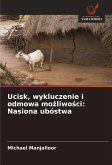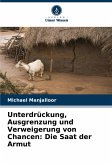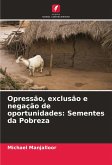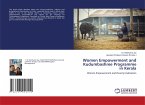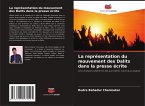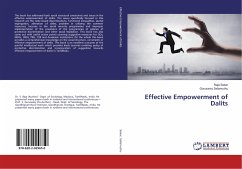The poverty ridden Dalit people of Kerala, India, have known for centuries that they were born to remain as servants of the upper caste people, as a part of the social system of the land. They have remained so, as untouchable slaves, for several generations. But social change occurring elsewhere in the world has also had its resonance in the state as well, with democratic, Communist and revolutionary movements. However, the Communists who came to power immediately after the formation of the state in 1957 were in a limbo about whether to support the influential landlords, or the oppressed Dalits. This book explores some aspects of the deplorable state of life of the Dalits, who are excluded into 'colonies'. With the case study of the Dalits, this book examines whether the United Nations' Millennium Development Goals (MDG) initiatives impacted their poverty, and to what extent universal primary education can act as an instrument of poverty eradication.
Bitte wählen Sie Ihr Anliegen aus.
Rechnungen
Retourenschein anfordern
Bestellstatus
Storno

